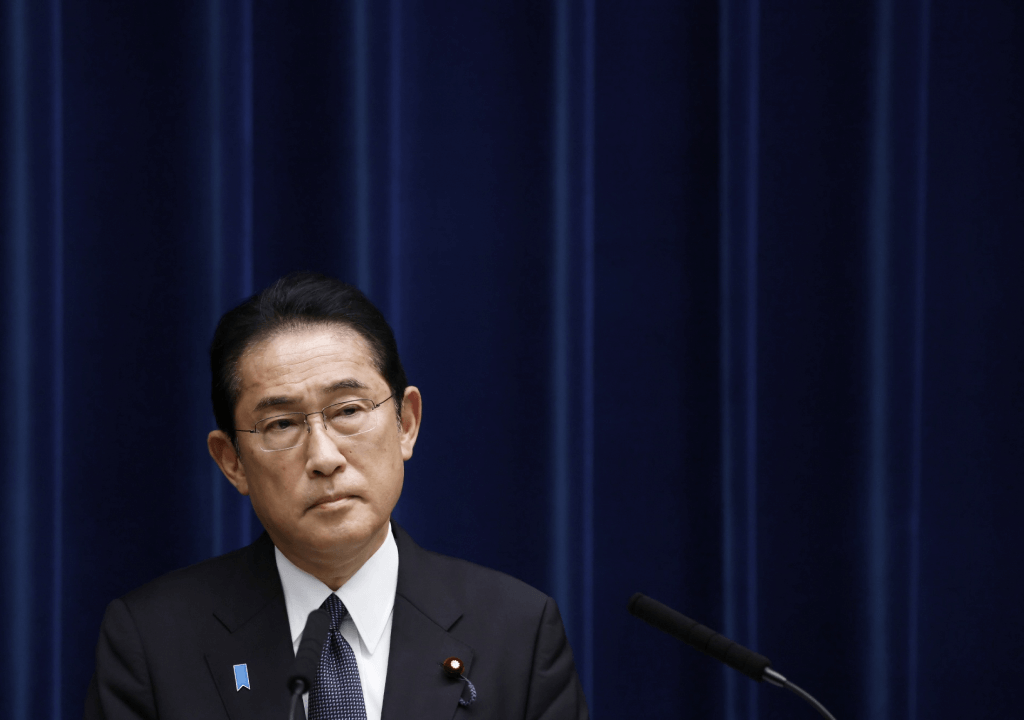As he assumed office in late 2021, Fumio Kishida, the Prime Minister of Japan and president of the country’s ruling conservative party, the LDP, made promises of a “New Capitalism” and a stronger Japan abroad. He pledged solutions to the country’s demographic crisis and was widely welcomed on international stages as a strong leader from Japan following Shinzo Abe. However, now he finds himself navigating a sea of struggles, with no visible improvement in the economic and social situation, and the LDP experiencing a significant loss in crucial by-elections within their party strongholds. The main opposition party, the CDP, has won three seats formerly held by the LDP. The result is widely interpreted as voter anger and punishment for the LDP’s involvement in a years-long corruption saga. These losses coincide with Kishida’s struggle to rebuild support for his cabinet amidst voter discontent over inflation and the scandal. The defeats may dissuade him from calling a general election prior to the party leadership vote in September, where there’s a risk of him being replaced.
Over the past two weeks, international media outlets have been celebrating Fumio Kishida for his efforts to foster collaboration among East Asian countries and his advocacy for the US’s global leadership role. Kishida may have found reassurance in the recent suggestion by US Deputy Secretary of State Kurt Campbell that he, along with South Korean President Yoon Suk Yeol, should be considered joint recipients of the Nobel Peace Prize for their endeavors to confront their countries’ turbulent historical legacies and present a united front against nuclear-armed North Korea. Additionally, Prime Minister Kishida received acclaim for his speech to the US Congress. His address was met with cheers, marking him as only the second Japanese leader to speak before a joint session of Congress, following in the footsteps of Shinzo Abe. However, after his return to Tokyo following a productive summit with Joe Biden, Japan’s Prime Minister has encountered strong domestic political challenges. The yen’s plummet against the dollar, the persistent cost-of-living crisis, and uncertainties surrounding the funding of policies aimed at tackling Japan’s low birth rate and its most significant military buildup since the end of the war further exacerbate the situation.
However, the most significant debate arises from a funding scandal, initially disclosed last year, which has emerged as a focal point for public outrage amid increasing doubts regarding Prime Minister Kishida’s capacity to lead the LDP to success in the upcoming lower house elections. Although the election is not scheduled for well over a year, the scandal, involving 85 LDP lawmakers who were discovered to have funneled undisclosed profits from ticket sales for party events into slush funds, has left Kishida with little room to maneuver. The party’s response to the slush fund debacle has consistently failed to convince the public, and there is scant reason to believe that planned reforms would reverse this trend. Efforts to mend the damage inflicted by the funding scandal, along with promises of reforming political funding regulations, have also proven ineffective in mitigating criticism from the media. Despite the punishment of 39 LDP lawmakers, Kishida evaded censure despite evidence indicating that his own faction had similarly underreported ticket sale, highlighting apparent double standards that risk inciting a factional power struggle, potentially leaving him politically wounded as he endeavors to secure his party’s endorsement as LDP president this autumn.
The defeat in Shimane, along with victories for non-LDP candidates in other by-elections on Sunday, may ignite an early challenge to Kishida’s leadership as the party prepares for presidential elections in September, where the winner is automatically appointed prime minister. Despite generally positive feedback regarding his summit with Joe Biden earlier this month, three April surveys indicated that approval for Kishida’s cabinet fell well below the 30 percent threshold often considered a danger zone for Japanese premiers. Despite its robust economy, the country is experiencing turmoil within its political sphere. Now is a critical moment for Japan to confront these challenges head-on. Once the world’s second-largest economy, Japan risks being surpassed by numerous countries in the upcoming decades, which will undoubtedly impact the current trajectory of the nation. Therefore, these are valuable times for Japanese politicians to take action.








